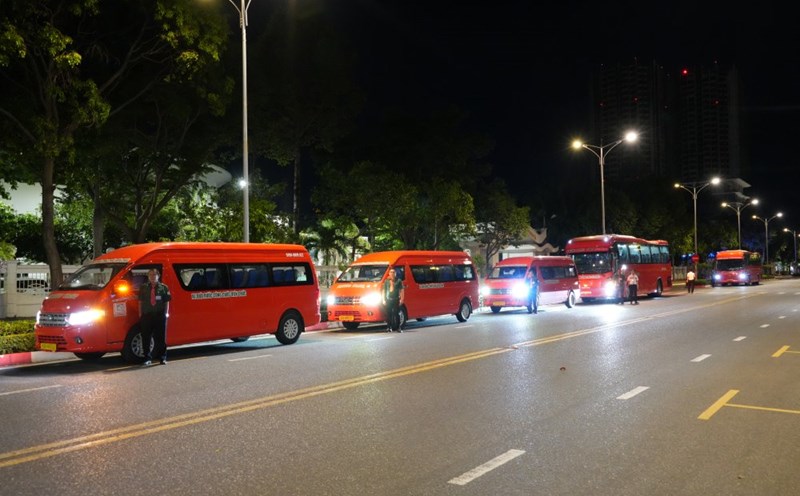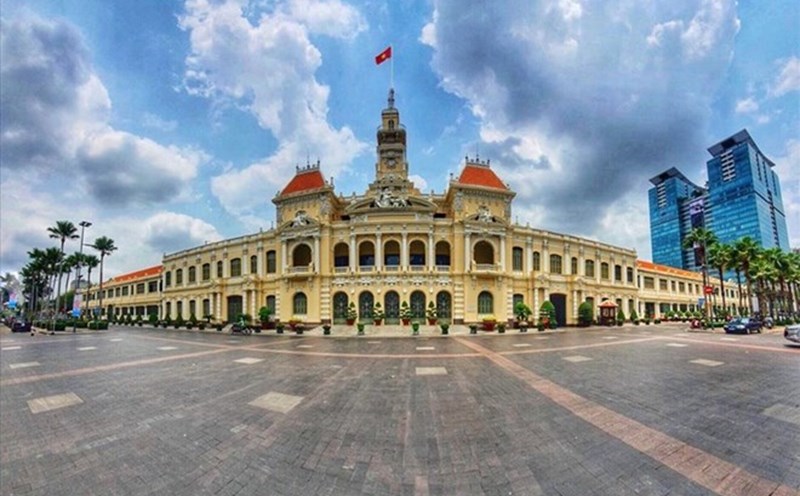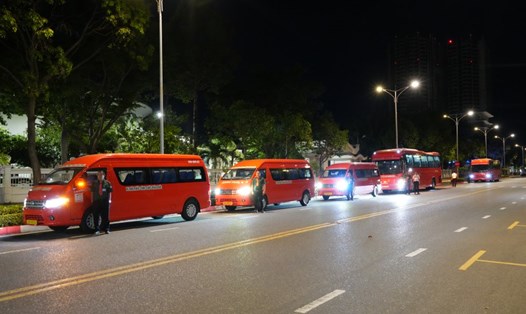On the afternoon of August 28, the Ho Chi Minh City People's Council passed a resolution on the policy of supporting house rental for cadres, civil servants, public employees and workers affected by the merger of provincial-level administrative units.
People with a position allowance coefficient of 0.9 or higher are supported with 10.4 million VND/month.
People with a position allowance coefficient from 0.7 to under 0.9 are supported with 8 million VND/month.
For people with a position allowance coefficient of less than 0.7, without a position coefficient and for workers, the support level is 4.8 million VND/month.
This policy is applied to cadres, civil servants, public employees, and workers of Party agencies, socio-political organizations, public service units, full-time National Assembly deputies, and many other agencies such as the Department of Foreign Affairs, the Department of Statistics, the People's Court, the People's Procuracy, the Department of Civil Judgment Enforcement, the State Bank of Vietnam, the Ho Chi Minh City Branch, the Tax Department, the Customs Department, the State Treasury and the City Social Insurance.
The support levels are implemented when the competent authority mobilizes, assigns, and arranges changes in working locations compared to before the merger of administrative units. The application period is from July 1, 2025 until cadres, civil servants, public employees, and workers are allocated public housing or until June 30, 2027.
According to the Ho Chi Minh City People's Committee, after the merger of provinces, the total demand for housing arrangement is 1,410 cases, including 173 cases holding positions with a coefficient of 0.7 or higher. However, the current demand for rental funding support is 1,111 cases.
Due to the lack of existing public housing funds, while investment in construction, new purchases or conversion of functions from resettlement housing funds takes a lot of time, supporting housing rental is a timely solution.
The Ho Chi Minh City People's Committee affirmed that this policy is of great significance to help cadres, civil servants, public employees and workers feel secure in their work, while ensuring the smooth operation of agencies and units after the arrangement of provincial and commune-level administrative units.











